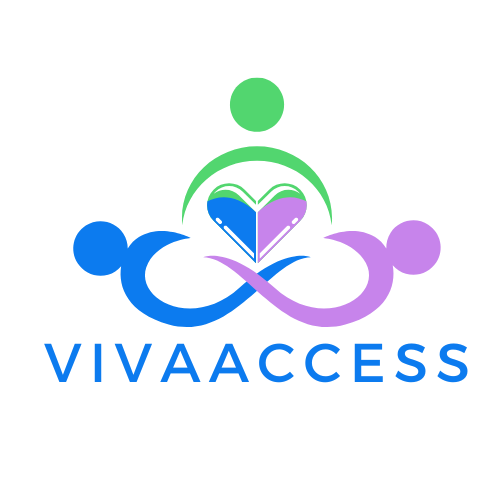Treatment of Sotos Syndrome
Treatment of Sotos Syndrome typically involves a multidisciplinary approach aimed at addressing the various medical and developmental needs of affected individuals. While there is no cure for Sotos Syndrome, management strategies focus on alleviating symptoms, supporting developmental progress, and improving overall quality of life.
Medical Management:
Regular monitoring and management of medical conditions associated with Sotos Syndrome, such as cardiac anomalies, renal abnormalities, and seizures, are essential. This may involve medication, surgical interventions, or other medical therapies as indicated by the specific needs of each individual.
Early intervention programs, including physical therapy, occupational therapy, and speech therapy, can help address developmental delays and promote motor skills, communication, and social interaction.
Regular monitoring of growth parameters, including height, weight, and head circumference, is important to track growth patterns and detect any abnormalities that may require intervention.
Educational Support:
Individuals with Sotos Syndrome often have varying degrees of learning disabilities. Therefore, educational support and accommodations tailored to their specific needs are crucial. This may include individualized education plans (IEPs), classroom accommodations, and special education services to optimize learning outcomes.
Collaboration between parents, educators, and healthcare professionals is essential to develop comprehensive educational plans that address cognitive strengths and challenges, promote academic success, and foster overall development.
Emotional and Social Support:
Emotional and social support for both individuals with Sotos Syndrome and their families is paramount. Connecting with support groups, advocacy organizations, and other families facing similar challenges can provide valuable emotional support, practical advice, and a sense of community.
Counseling or therapy may be beneficial for individuals with Sotos Syndrome and their families to address emotional needs, coping strategies, and any psychological challenges associated with the condition.
Genetic Counseling:
Genetic counseling plays a crucial role in providing families with information about the genetic basis of Sotos Syndrome, recurrence risks, and family planning options. Genetic counselors can help families navigate complex genetic information, make informed decisions, and access appropriate resources and support services.
Research and Clinical Trials:
Ongoing research efforts aimed at understanding the underlying mechanisms of Sotos Syndrome and developing targeted treatments are underway. Participation in clinical trials and research studies may offer individuals with Sotos Syndrome access to innovative therapies, experimental treatments, and opportunities to contribute to scientific advancements in the field.
Overall, the treatment approach for Sotos Syndrome is individualized and comprehensive, addressing the diverse medical, developmental, educational, and emotional needs of affected individuals to optimize outcomes and enhance quality of life.







